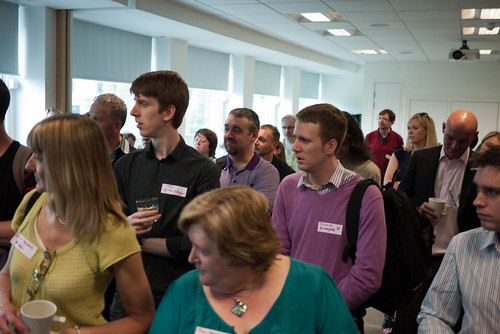I’m delighted to say the the Brighton and Hove Council proposal to the Nesta Creative Councils challenge has made it to the final 17 long list of 137 applications.
Why so? Well Podnosh is one of the partner organisations in the Brighton bid along with Demsoc and Public-i.
Creative councils:
ambition over the next two years is to work with a small group of pioneering local authorities across England and Wales and their partners to develop, implement and spread transformational new approaches to meeting some of the biggest medium and long-term challenges facing communities and local services.
Put simply our proposal will work on taking online and offline civic conversation and digitally connecting that into local public service decision making in a concrete way.
Thanks very much to Anthony Zacharzewski, Catherine Howe and Paul Brewer for getting things to this stage.
What next? More work will be done on the final 17, with the hope of much more significant investment in 5 of the ideas.
The other 16 on the long list are:
- Bristol
- Cambridgeshire
- Cornwall
- Derbyshire
- Essex
- London Borough of Havering
- London Borough of Islington
- Leicester
- Monmouthshire
- Reading
- Rossendale
- Rotherham
- Stoke on Trent
- Westminster
- Wigan
- York
You can find and engage will all 137 ideas on simpl.

